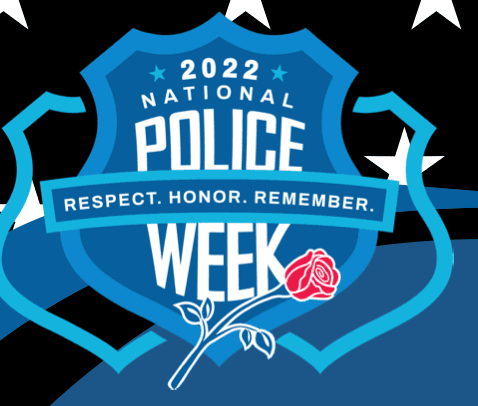420 in Progress: It's High Time We Do Something About Poor Health in Law Enforcement
How Testing Cannabis Use Could Improve Officer Health and Community Policing
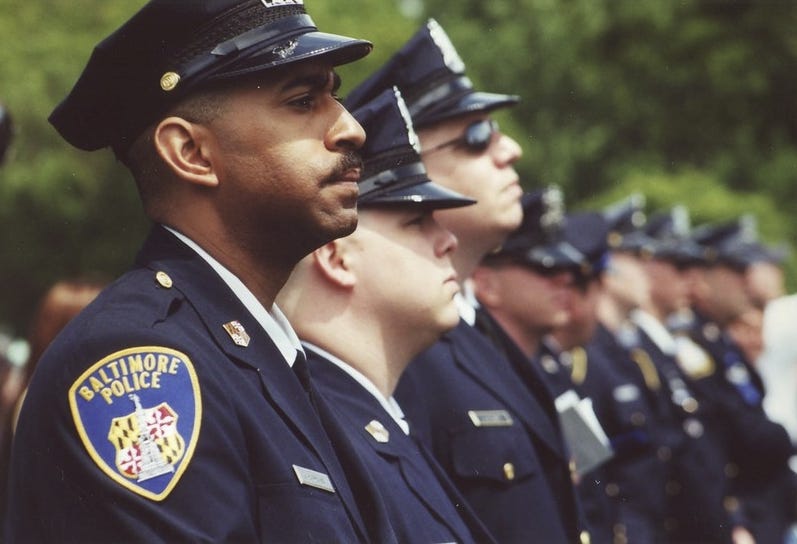
632 US law enforcement officers passed away in 2021.
25% of them died by their own hand.
While we often associate PTSD with military service, the mental health epidemic plagues the first responder community.
Cops are killing themselves at about two and a half times the rate the bad guys are killing us and that’s concerning, that should really put a lot of flags up for most law enforcement agencies -Dr. Tim Faulk-ALLEAPS Clinical Director
Although civilian and police organizations combat suicide and raise awareness, it’s not enough.
Alternative treatments such as music therapy have gained popularity, but standard treatment and medication appear to be the norm.
The regimen may help, but the suicide rate continues to rise.
But it’s not just mental health that threatens officers.
Physical ailments such as obesity pose high risks to US police ranks.
For example, the leading cause of law enforcement deaths in 2021 was CV, according to NPR.
And we know CV patients with pre-existing conditions such as obesity or diabetes are far more likely to die from the novel virus than someone in good shape.
This suggests that, generally, our police agencies did not go into 2020 with a clean bill of health.
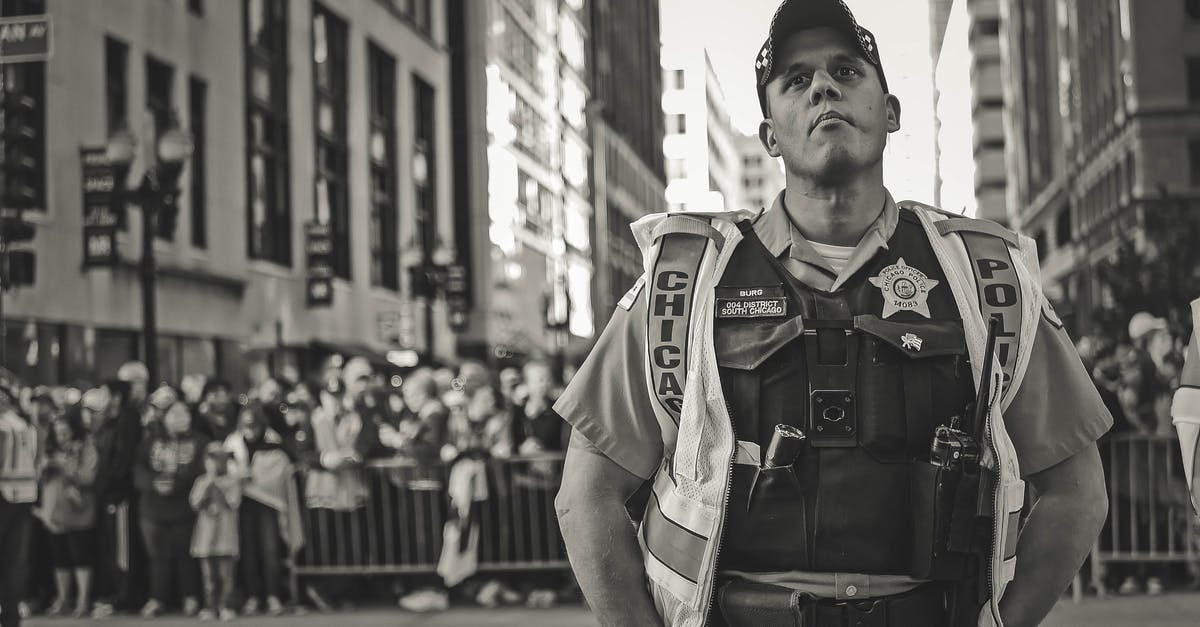
Poor health means poor quality of life, and both impact community relations.
But aside from standard medication and therapy, how do we improve health in law enforcement?
Knowledge of mental and physical health is better now than ever, but are we committed to doing everything?
Are we willing to set aside social stigmas and explore uncharted waters to honestly say we’ve maximized efforts to save police lives?
Can we at least test cannabis to treat mental and physical conditions that kill so many law enforcement officers?
While many support the full legalization of cannabis use, some have reservations about opening the doors to first responders, the military, or other government entities.
And cannabis critics have valid concerns.
But recent New Jersey legislation may be the first step in a long process of authorizing safe, off-duty cannabis use for law enforcement officers.
With the law going into effect shortly before National Police Week 2022, it’s time we talk.
Why Support Cannabis Use?

Gary Hess served in the United States Marine Corps for 11 years between 1995 and 2006.
But it wasn’t his choice to hang up his uniform.
After experiencing fierce combat in Iraq, a suicide bomber forced the infantry officer into a medical discharge.
Upon returning home, Hess faced the same challenges as many combat veterans.
During a long bout with physical and mental issues, Hess didn’t know where to turn.
Like countless others, the Marine went from appointment to appointment, doctor to doctor, and pill to pill.
Yet nothing worked.
Different doctors, different names, same pills, same results. This was their only answer. It became hopeless. -Gary Hess
In fact, things got worse as Hess picked up an opiate addiction.
I knew that I was not going to bed the same. I was taking the pills and drinking every night before I went to bed. I literally had to lock every single door in my house, including closets and other bedrooms. It was obsessive. I was having issues. So I took the shiny brass off my shoulders, called my fellow Marines and said, ‘Hey, I’m struggling. I’m drinking. I can’t figure it out. Who else is having these problems?’ -Gary Hess
But after a stretch of hopelessness, Hess walked into a cannabis dispensary in 2017.
That experience was life-changing for me. For the first time in a decade, I regained a sense of control. I was able to use it daily in a way that was safe, effective and convenient for me. -Gary Hess
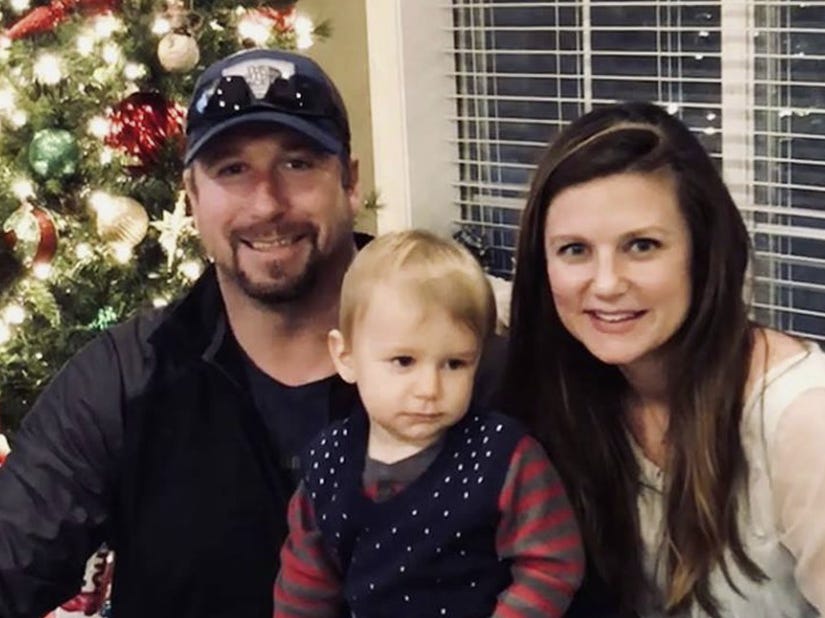
With legal cannabis, Hess immediately experienced a positive change in sleeping and eating habits.
While the new treatment regulated his bodily functions, it also balanced his mind.
Just a few months later, he was 100% off pharmaceutical medication.
But as a team player, Hess didn’t simply move on. He helped fellow service members.
That’s why Hess founded the Veterans Alliance for Holistic Alternatives (VAHA), a non-profit that helps veterans in similar situations, and TeleLeaf, a service that connects people with local pro-cannabis physicians.
Countless veterans from Iraq and other conflicts find a second chance with medical cannabis, and it’s time we investigate how the wonder plant can improve health in law enforcement.
Physical Health Issues in Law Enforcement
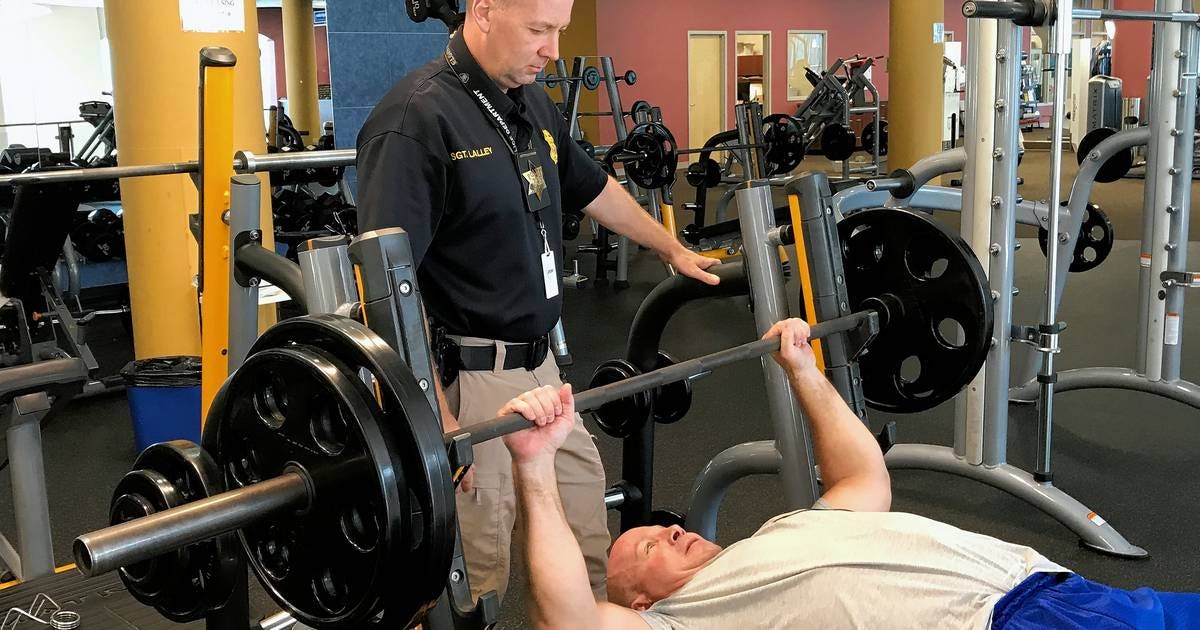
As more people turn to cannabis for PTSD, anxiety, and insomnia, the controversial plant also alleviates many physical defects.
Studies show marijuana soothes symptoms from anxiety, insomnia, chronic pain, arthritis, muscle spasticity, autism, epilepsy, obesity, cancer, GI issues, neurodegenerative diseases, chronic conditions, autoimmune disorders, tremors, and eating disorders.
Just watch how quickly medical cannabis tames Larry’s Parkinson’s symptoms.
I know active officers don’t have this extreme condition, but it’s shocking proof of the power of cannabis for anyone skeptical.
But many officers struggle with other issues such as obesity and chronic pain, which cannabis can relieve.
Most police officers start their careers in their twenties in good health, acing their PT tests, and operate on little sleep.
But then stress builds up, and responsibilities increase.
It becomes easier to grab a burger in the drive-thru than cook a healthy meal as time becomes limited.
The years pass, and the hours of sitting in a car accumulate.
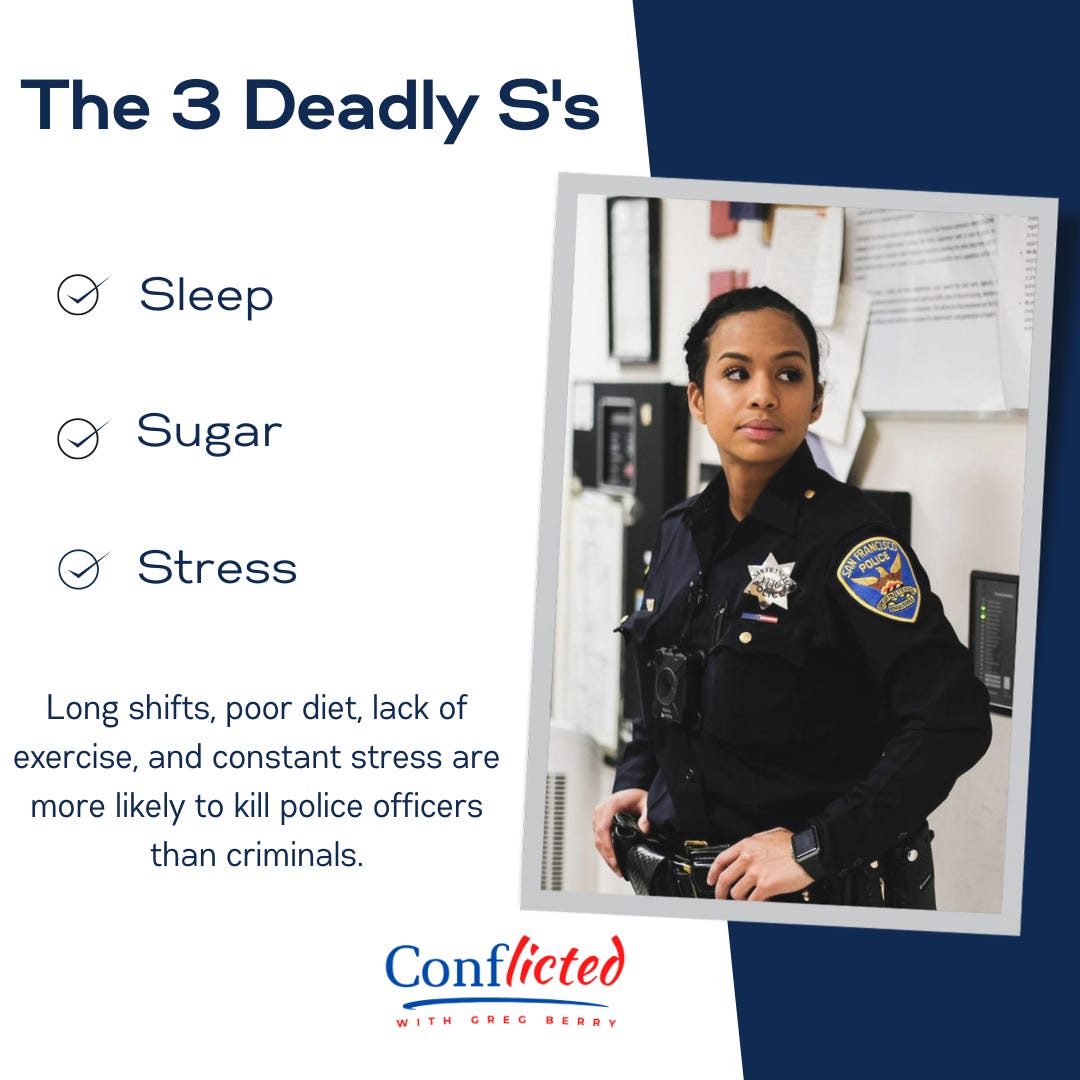
As of 2014, the FBI reported that 80% of law enforcement officers were overweight. I know that’s eight years ago, but it’s still bad, even if it’s half that now.
The report added that officers are 25% more likely to die from a health issue due to obesity than by an injury sustained on duty.
But part of the problem is that law enforcement agencies vary in physical fitness standards.
For example, in 2021, the Santa Barbara Sherriff’s Office created a health and wellness program to improve health among all staff and sworn deputies.
Thanks to a $120,000 grant through the Law Enforcement Mental Health and Wellness Act, the agency plans to place more emphasis on officer health.
Practicing yoga, exercise, group therapy, and a general focus on wellness keep participants in tune with their bodies and promote a healthy living standard.
On the other hand, an NYPD officer told the New York Post:
We’re the fattest police department in the country … because we have no requirement to stay in shape.-Unnamed veteran officer
Better physical health means better mental health and vice versa.
Why Not?
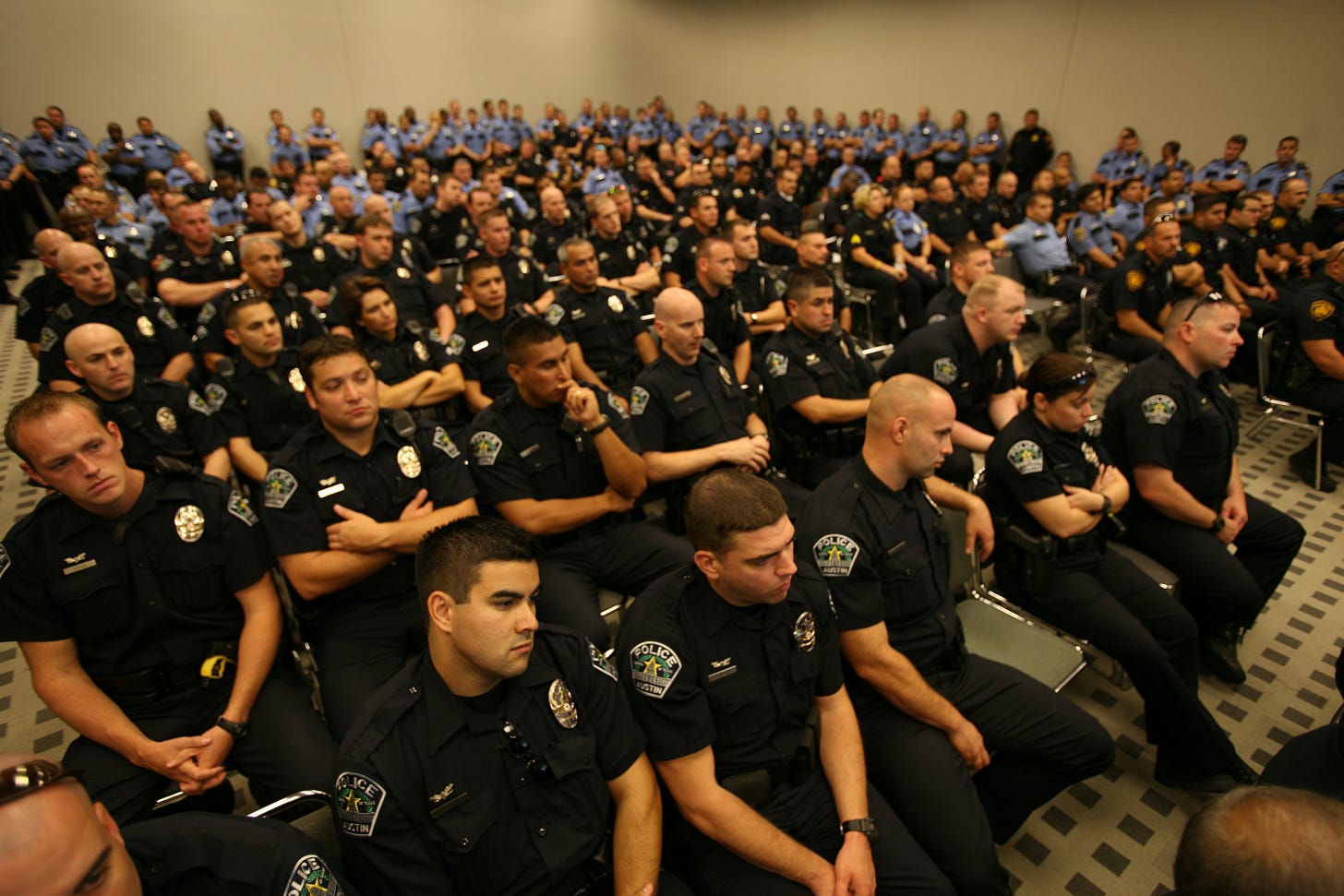
In April 2022, New Jersey recreational cannabis use went into effect.
It’s not shocking to hear as the Garden State comes across the finish line as the 19th state to legalize the infamous flower.
But this one is different, as other states prohibit use for first responders.
Yet the NJ Attorney General said the state forbids employers, including law enforcement agencies, from firing employees that use marijuana, provided they are sober at work.
NJ agencies would do well to take advantage of this clause, regardless of how they feel about THC.
Tetrahydrocannabinol (THC) is the psychoactive ingredient in marijuana, with Cannabidiol (CBD) as the second most active element.
CBD is perfectly legal and does not induce impairment, and the supplement gained popularity as a treatment for chronic pain and sleep disorders.
Yet there is a slight chance of users failing a drug test, even though it’s impossible to get high with CBD.
But we would do best to use this opportunity to allow officers to test off-duty marijuana to treat mental and physical conditions.
Unfortunately, Jersey City Mayor Steven Fulop says his municipality will continue to fire any officer that fails a drug test.
If somebody wants to test us as a city and an administration, they’re more than welcome, but they certainly know where we stand and they can expect long litigation over it-Every other state in the country that legalized cannabis had a carve-out that did not allow off-duty police officers to smoke. -Jersey City Mayor Steven Fulop
And a test is exactly what we need.
We can’t make unprecedented policy or law changes without test data.
Still, we must consider potential risks with legalized cannabis use.
Impairment
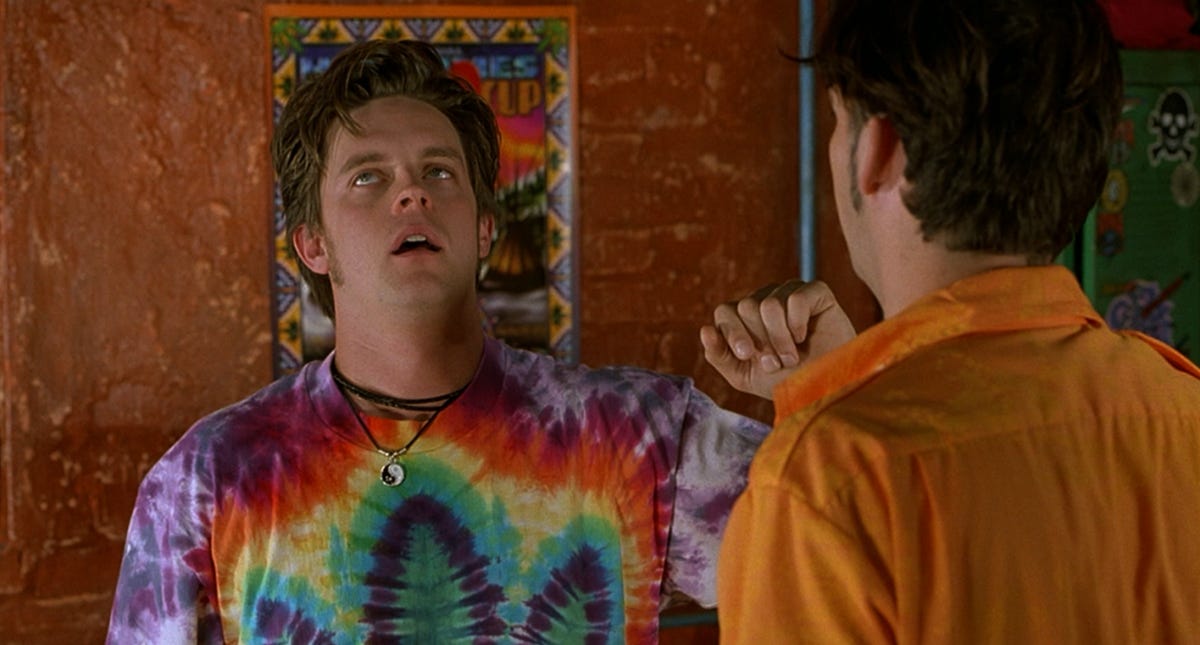
The biggest issue with cannabis use in law enforcement is impairment.
And it’s more than a fair concern.
We know cannabis restricts reaction time-not something we want to reduce in any first responder.
But the question is, does it permanently restrict reaction time, or only immediately after ingesting THC?
Let’s consider alcohol, as it also slows the human brain.
It’s legal, and officers can use it off-duty, although it induces impairment.
But if the local cops drink beer at a Christmas party at the Holiday Inn, are citizens concerned that officers might suffer from reduced reaction time on a shift the next night?
I would doubt it.
But officers know when another officer is under the influence of alcohol, and they have tools to prove it.
With cannabis, impairment is much murkier.
For example, one can drink five beers and consume THC on Monday and test for both on Tuesday.
Assuming the user didn’t consume anything between, the user would not test positive for alcohol.
Yet the THC would remain, even though the user wouldn’t be intoxicated be either.
That’s why police have challenges with marijuana-related DUI cases.
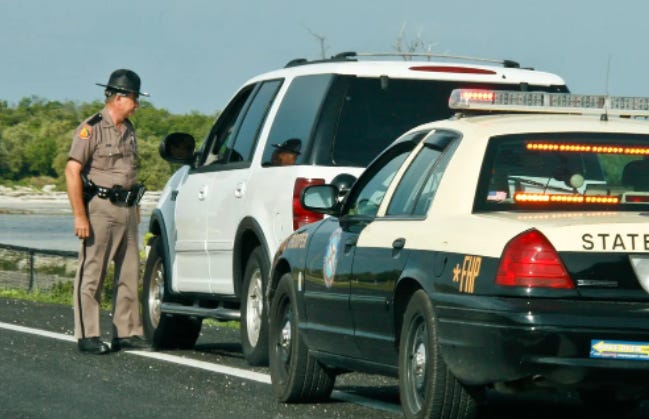
But according to the US Department of Transportation:
Marijuana has been shown to impair performance on driving simulator tasks and on open and closed driving courses for up to approximately 3 hours. Decreased car handling performance, increased reaction times, impaired time and distance estimation, inability to maintain headway, lateral travel, subjective sleepiness, motor incoordination, and impaired sustained vigilance have all been reported. -USDOT
It’s obvious that nobody should drive impaired.
But if intoxication only occurs in the immediate hours after use, couldn’t officers safely use it off duty when they don’t have to work until the next day as with alcohol?
Impairment is the biggest concern, and we don’t want to put officers or the public in danger.
But if physicians could distribute cannabis to officers safely, we could offer another effective tool to improve health.
For example, officers could only consume cannabis in pill or tincture form as smoking does not allow proper dosage.
Also, initial participants could be those in administrative roles that do not require the use of a vehicle or firearm.
If we can prove that cannabis use off duty does not affect reaction time the next day, testing could continue with other staff.
Federal Law
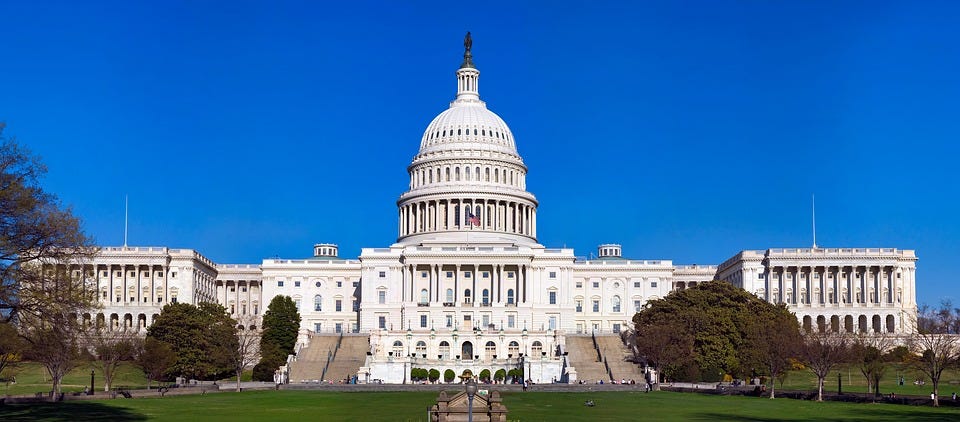
Regardless of state law, marijuana is still a Schedule 1 substance in the federal Controlled Substances Act.
If any department allowed marijuana use among its ranks, the agency would violate federal law.
That’s why dispensaries must use cash, and banks do not allow them to do business with debit or credit transaction services.
Additionally, when officers receive their issued firearms, they must sign a document stating they will not use federally illegal substances.
But is it also a political concern?
If state or local agencies permit a federally prohibited substance, could they miss out on federal grants or subsidies?
Could advocating for cannabis use hurt the careers of police chiefs and cause sheriffs and mayors to lose votes?
What about at the operational level in large metropolitan areas?
Would federal agencies clash with local entities that supported cannabis use?
Stigma
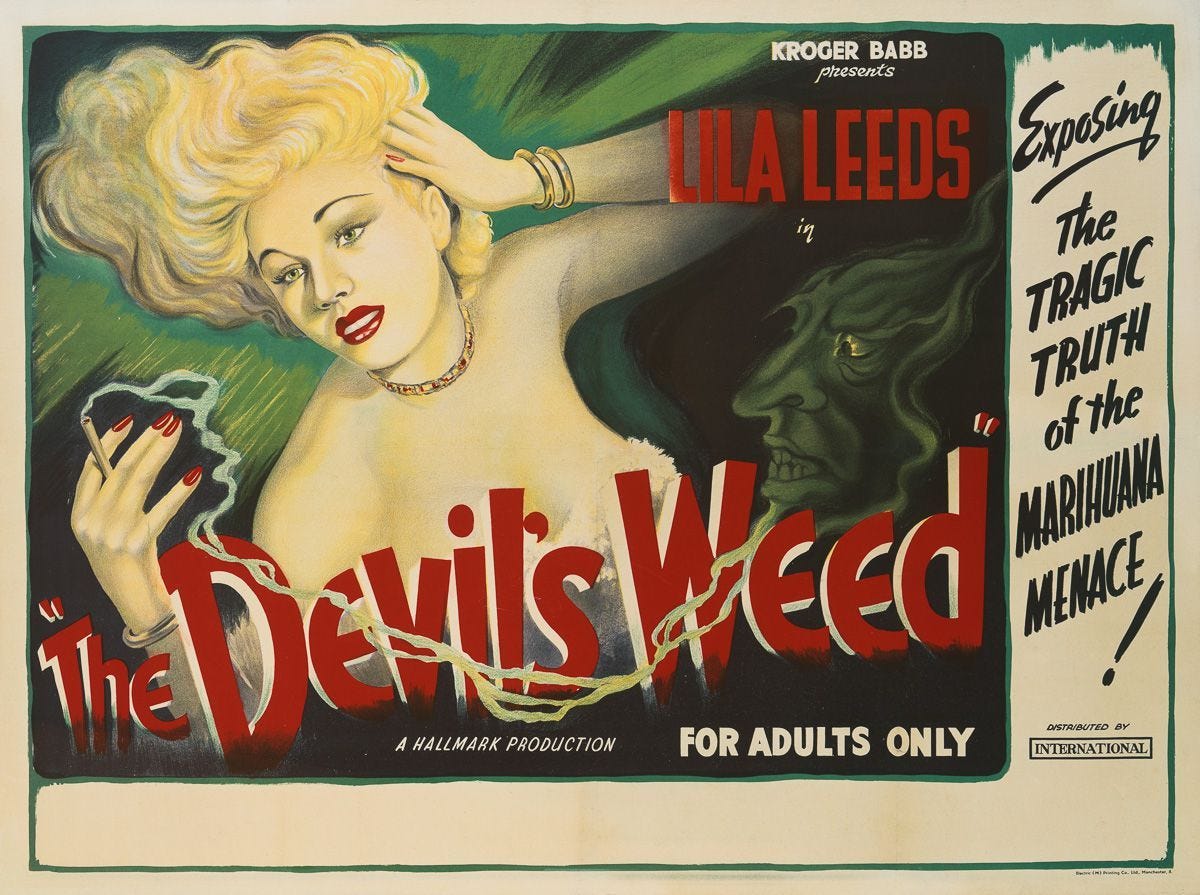
Aside from impairment, a real problem is stigma.
But American culture does not consider marijuana a drug anymore as legalization spreads-however slowly.
For example, we don’t joke about hard drugs as we do with cannabis.
Consider the films Half-Baked, Pineapple Express, and the seven Cheech and Chong installments.
Stories about hard drugs are heartbreaking accounts of broken homes and deep anguish.
Look at Requiem for a Dream, a fantastic film about addiction but so depressing that few people watch it twice.
Yet movies about marijuana are hit comedies.
But while we mostly agree that marijuana isn’t a hard drug, we still ban its use in the first responder and military community as the stigma clashes with traditional anti-marijuana attitudes.
But obesity carries its own stigma in police departments and the military, yet it’s still acceptable.
Otherwise, we would never see an overweight officer or service member in uniform.
Why aren’t we against obesity and poor health the same way we’re against marijuana use?
If obesity is responsible for killing 25% of officers, why is it tolerated while cannabis is considered taboo?
Complacency kills, but marijuana alone doesn’t cause fatal overdoses.
I’m not saying we should fire unhealthy officers and leave them out to dry.
And we know officer recruitment and retention is difficult these days.
But we shouldn’t tolerate poor health en masse and not give cannabis a chance when it’s proven to heal the ailments that claim countless lives in law enforcement.
Future Help
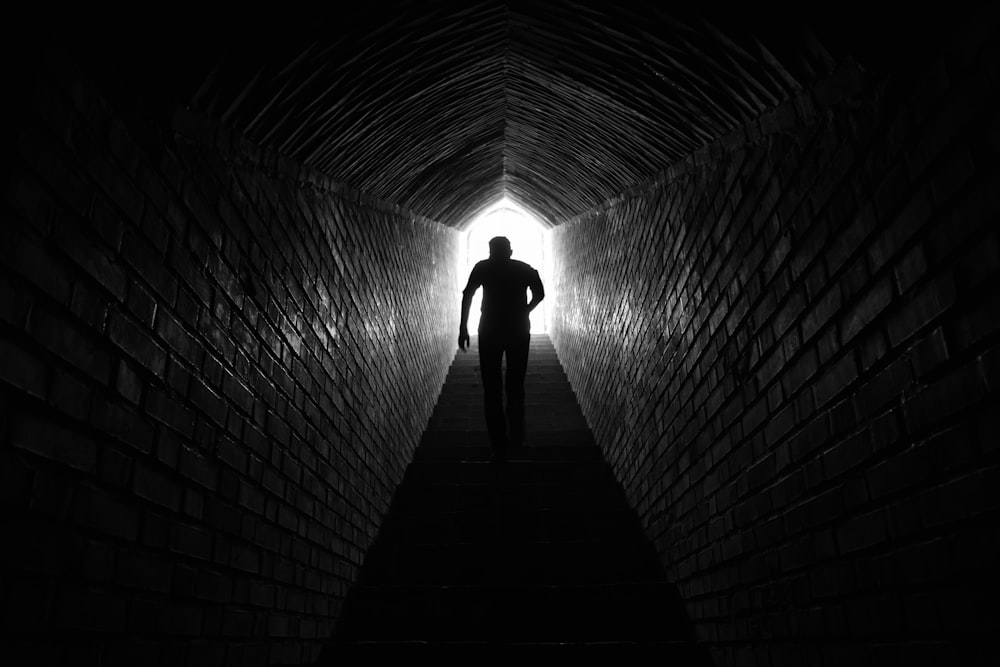
While New Jersey police chiefs and sheriffs may legally (at least by state standards) permit officers to use cannabis, the new task is to sway agency leadership.
Social acceptance of cannabis was a long process in the past, and this suggestion would be out of the question 20+ years ago.
But consider the evolution of police hiring standards.
If you applied for a police department in 1990 and admitted to using marijuana in high school a year before, you would not likely receive a call-back.
However, as attitudes relaxed over the years, prior cannabis use is less of a recruitment concern, especially today.
But the challenge in coming years is to increase all avenues of help for law enforcement.
According to this article, Yuma, Arizona, permits off-duty cannabis use.
However, I checked their rules and regulations, and I couldn’t find a policy regarding cannabis use.
I emailed them to confirm, but they didn’t get back to me before publication.
Either way, it’s fair to assume medical use isn’t encouraged among law enforcement.
Following recreational legalization in Illinois, the Illinois Association of Chiefs of Police posted a FAQ that clarifies departments may prohibit cannabis for their staff.
But we have to do something, we’re losing officers regularly, and cannabis could help.
Since I started research for this article, two US police officers have killed themselves, according to Bluehelp.org.
We have scientific proof that cannabis can improve the mental and physical health of police officers, yet we stick to old-fashioned attitudes and write the same prescriptions.
Of course, I’m not a doctor nor a police officer, and maybe medical cannabis isn’t practical for law enforcement.
But we owe it to these officers, their families, and our communities to prove it.
